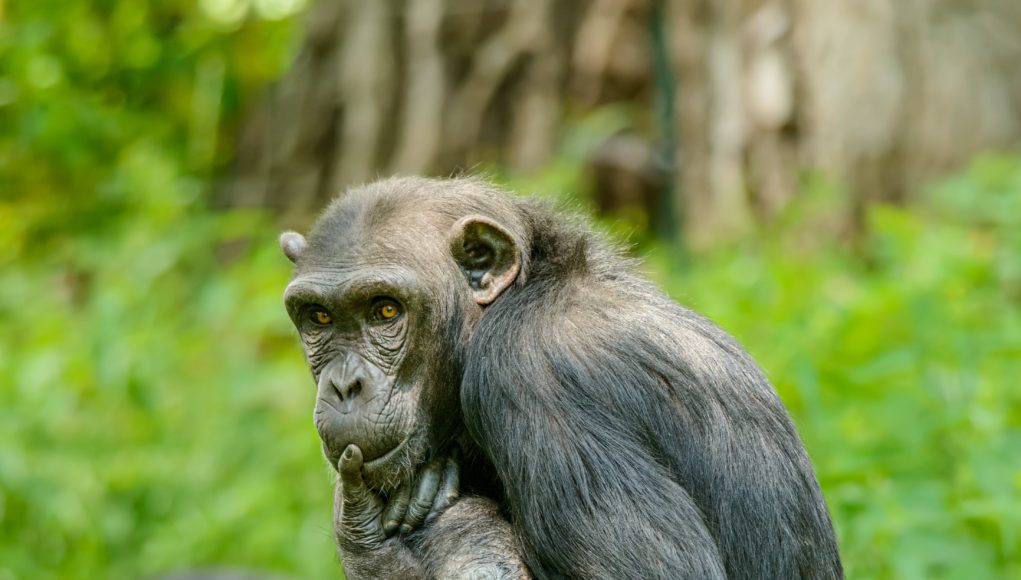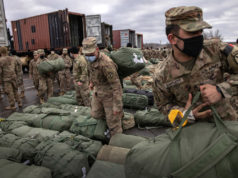By Louise Meagher
This pandemic has affected billions of people all over the world, but not only does it affect humans, it also seems to be spreading to some great apes. But before we launch into the whole COVID deal, what are great apes?
Great apes are basically the apes that we share a large percent of our DNA with. There are gorillas, Chimpanzees, Orangutans, Bonobos, Humans. Considering that we share about 98 percent of our DNA with apes, the fact that it has spread to them makes sense.
Zookeepers, and caretakers have been trying their best to protect these monkeys, but so far nothing has really worked. But, it’s not like we can enforce mask wearing, and tell them to social distance! There have been a troop of 8 western lowland gorillas at the San Diego Zoo Safari Park that were infected with a West Coast variant strand of COVID-19. The zoo reported that all safety precautions were taken for the animals before they contracted it, but they do believe this strand of the virus transmits faster than normal.
According to one zookeeper their symptoms mostly included “mild coughing, congestion, nasal discharge and intermittent lethargy,” But, thankfully after a quarantine stage, and some antibody treatment they seem to be on their way to a full recovery.
Because of all these outbreaks it puts other great apes in danger, and because of this worry they are making veterinary history to be the first non-humans to be vaccinated for COVID-19. They received two doses, just like the Moderna, and Pfizer for humans. This vaccine is experimental, so they are still trying to determine its functionality, but hopes are high for these great apes.
Even though the vaccine is working well, and the gorillas in captivity seem to be safe, that does not mean the worry is over. Many experts are now worried that the disease will pass to apes in the wild. Because there are so many troops of wild great apes, it could get really bad if it starts spreading to them. There is not a lot of info about what professionals are planning to do to protect them, but for now, at least there is a vaccine, and the captive apes are in the process of vaccination.





Liked an article